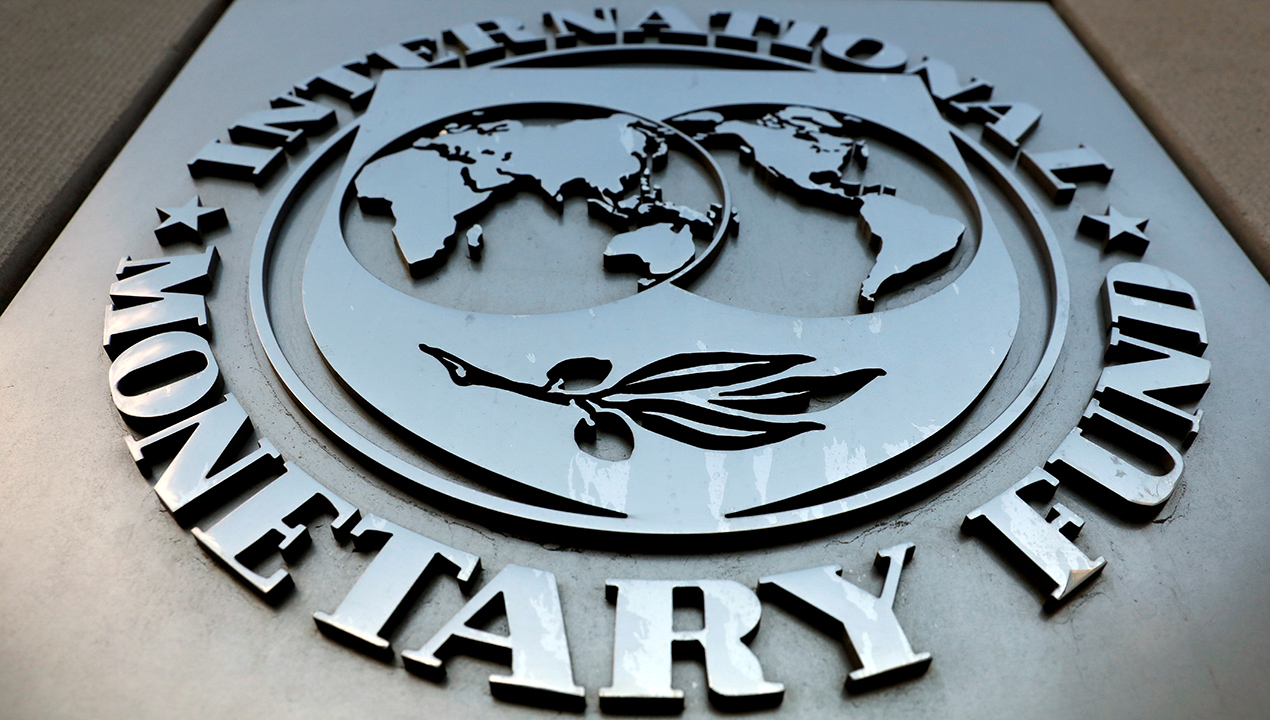The International Monetary Fund (IMF) estimates that 40% of jobs in emerging markets and 60% of jobs in developed nations could be impacted by artificial intelligence (AI).
According to the global organisation, a more pronounced effect on developed economies is anticipated than on developing markets and low-income nations.
Read also: Ghana secures funds for climate initiatives at IMF/WBG
IMF details this impact on developing and developed nations
The Chief of IMF, Kristalina Georgieva, gave more insights on this development via a blog post on the IMF’s official site on January 14, 2024.
A technological revolution is about to occur, which has the potential to increase global growth, productivity, and incomes. But it also has the potential to increase inequality and displace workers.
Everyone is on the edge of their seats over the fast development of AI, which has sparked both hope and fear and has prompted vital discussions regarding the technology’s possible effects on the world economy. The overall impact is hard to predict because AI will have far-reaching and complicated effects on economies. One thing we know for sure is that we’ll have to figure out how to harness AI’s immense potential in a responsible way for the greater good of mankind.
New research from the International Monetary Fund looks at how AI could change the global job market. Numerous studies have forecasted that AI will eventually displace humans in the workforce. Still, we are aware that AI will most certainly supplement human labour in numerous instances. Both of these forces are captured in the IMF analysis.
The results are shocking: nearly 40% of the world’s workforce is involved with AI in some way. While IT and automation have mostly affected low-skilled occupations in the past, AI stands out due to its capacity to affect high-skilled occupations as well. So, while developing and emerging market economies have less to fear from AI, advanced economies have more to gain from it.
Artificial intelligence has the potential to affect 60% of jobs in developed economies. With the help of AI, about half of the exposed jobs could become more productive. The other side of the coin is that AI apps might execute crucial human-only jobs, which would reduce the demand for labour, which in turn could cause wages to fall and hiring to slow down. The worst-case scenario is that some of these positions are eliminated.
Developing and emerging market economies are less likely to be hit hard by AI right away. However, there is a concern that AI may exacerbate global inequality in the long run since many of these countries lack the necessary infrastructure and trained workforce to utilise the technology fully.
The inequality to set in
AI has the potential to impact national income and wealth disparities. Those in a position to take advantage of AI may see a rise in their productivity and salary, while those in lower-income brackets may see a decline. According to studies, less experienced workers can see a significant increase in their productivity with the help of AI. Opportunities may be more easily capitalised on by younger workers, while older workers may find it more difficult to adjust.
How much AI helps out high-income workers is a major factor that will determine the impact on labour income. A disproportionate rise in the labour income of higher-income workers could result from AI if it greatly augments their abilities. Higher capital returns, brought about by increased productivity at AI-using businesses, may further benefit the well-off. Inequality may worsen as a result of both of these events.
Without immediate action from lawmakers, artificial intelligence (AI) has the potential to exacerbate existing inequalities and societal tensions. Nations must provide extensive social safety nets and retraining programs for workers who are at risk. Doing so will help ensure that everyone has a fair chance to benefit from the AI transition, which will safeguard jobs and reduce inequality.
The solution IMF offers
The International Monetary Fund has created an AI Preparedness Index to assist nations in formulating appropriate policies. The index evaluates preparedness in areas like digital infrastructure, human capital and labour-market policies, innovation and economic integration, regulation and ethics, and innovation and economic integration.
For instance, the human capital and labour-market policies component assesses factors like the percentage of the population covered by social safety nets, the number of years of schooling, and job-market mobility. The regulation and ethics component evaluates how well a country’s legal system accommodates digital business models and whether there is robust governance to ensure effective enforcement.
The AI Preparedness Index suggests that developed countries should build strong regulatory frameworks and put an emphasis on AI integration and innovation. This method will foster an atmosphere of responsible AI development, which is essential for preserving public confidence. Prioritising investments in digital infrastructure and a workforce that is proficient in digital technologies should be the top focus for developing and emerging market economies.
We can still make sure that the AI era brings prosperity for everyone, even though it has already begun.
The 125 member nations were evaluated by the IMF’s staff using the index. The results show that low-income countries are less prepared to adopt AI than wealthier economies, including advanced and emerging market economies. However, there is a lot of variation across countries. Based on their strong performance in all four tracked categories, Singapore, the United States, and Denmark posted the highest scores on the index.
















